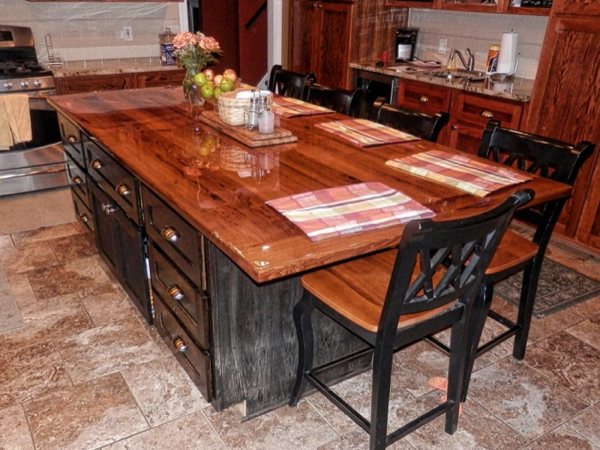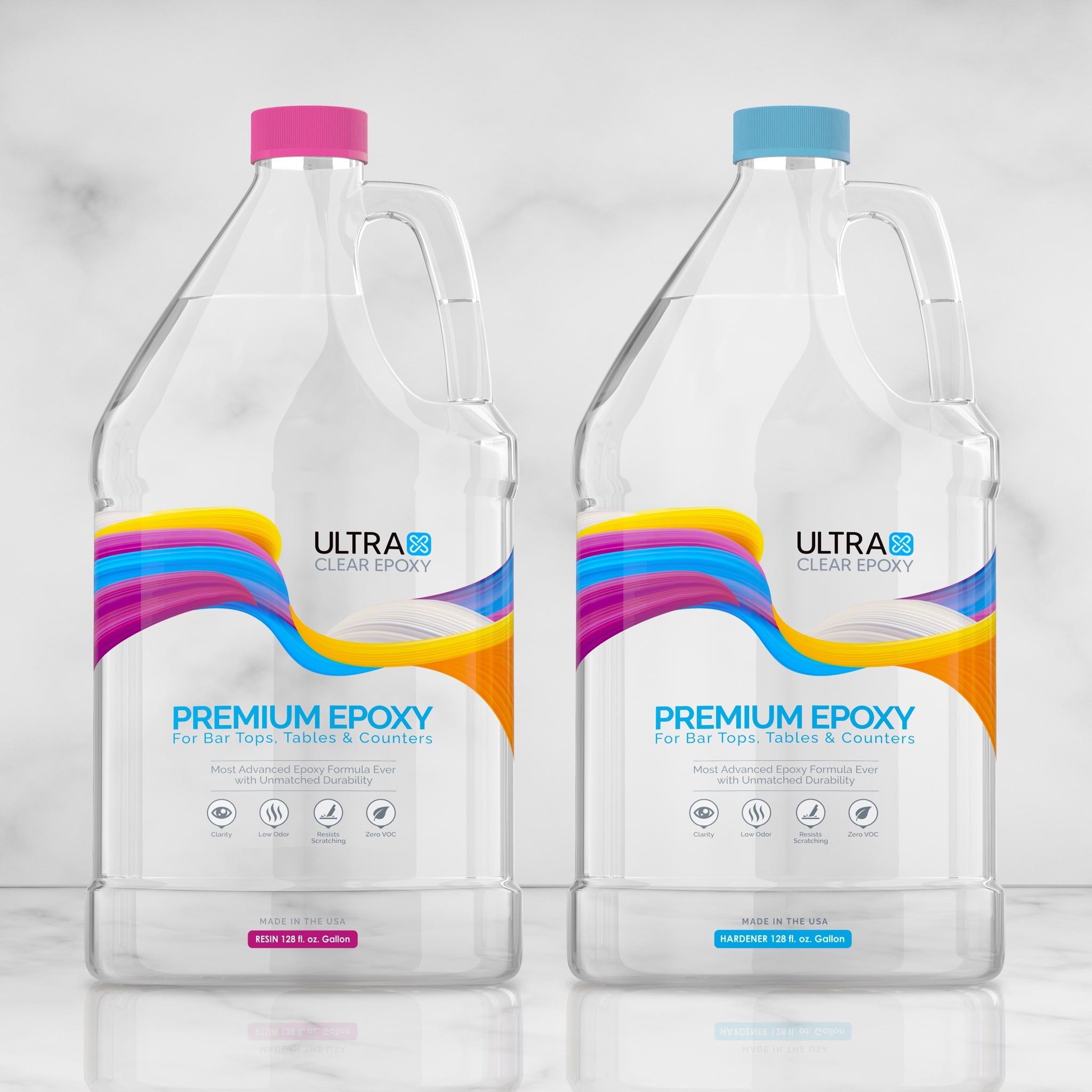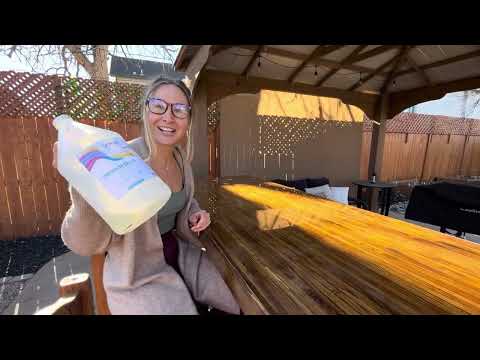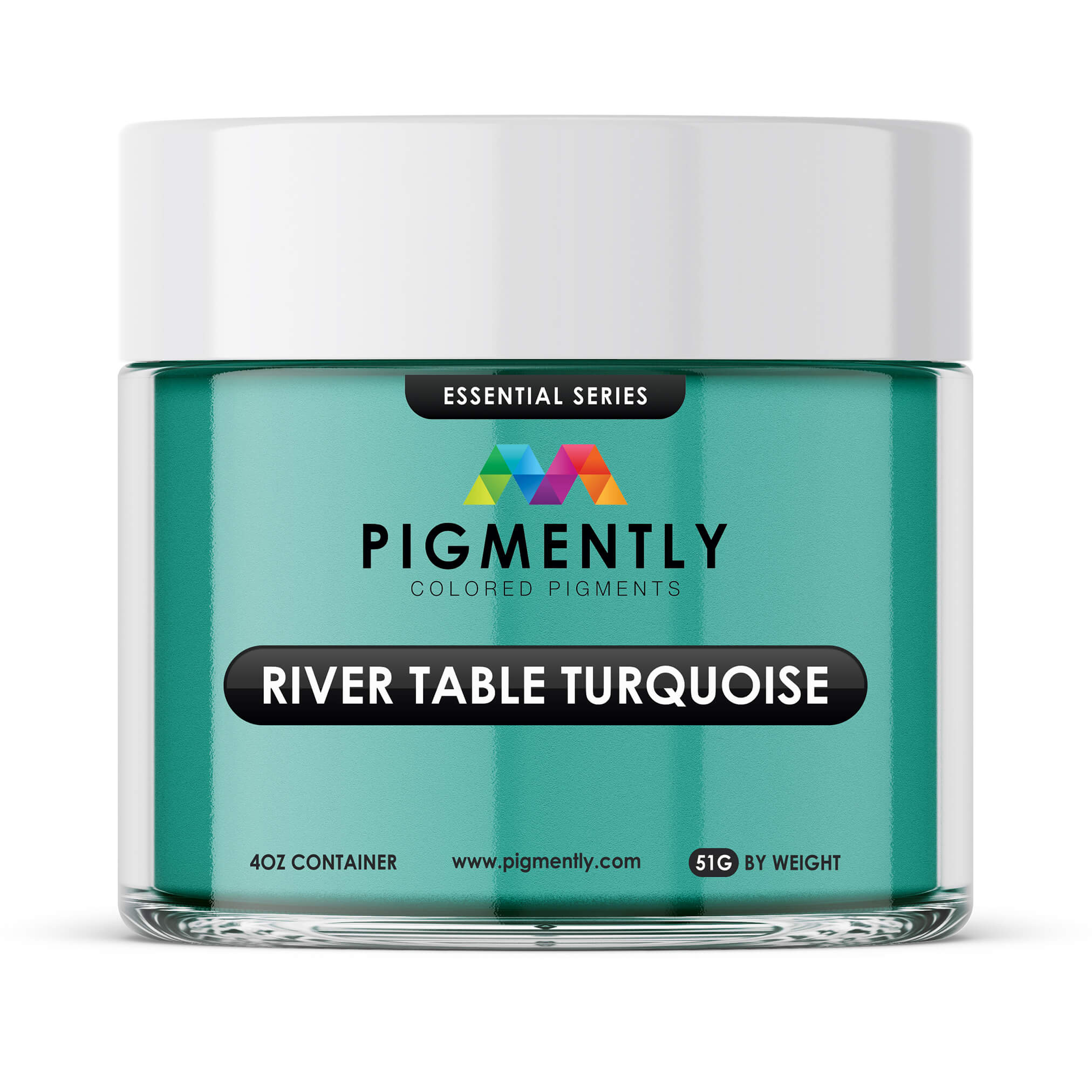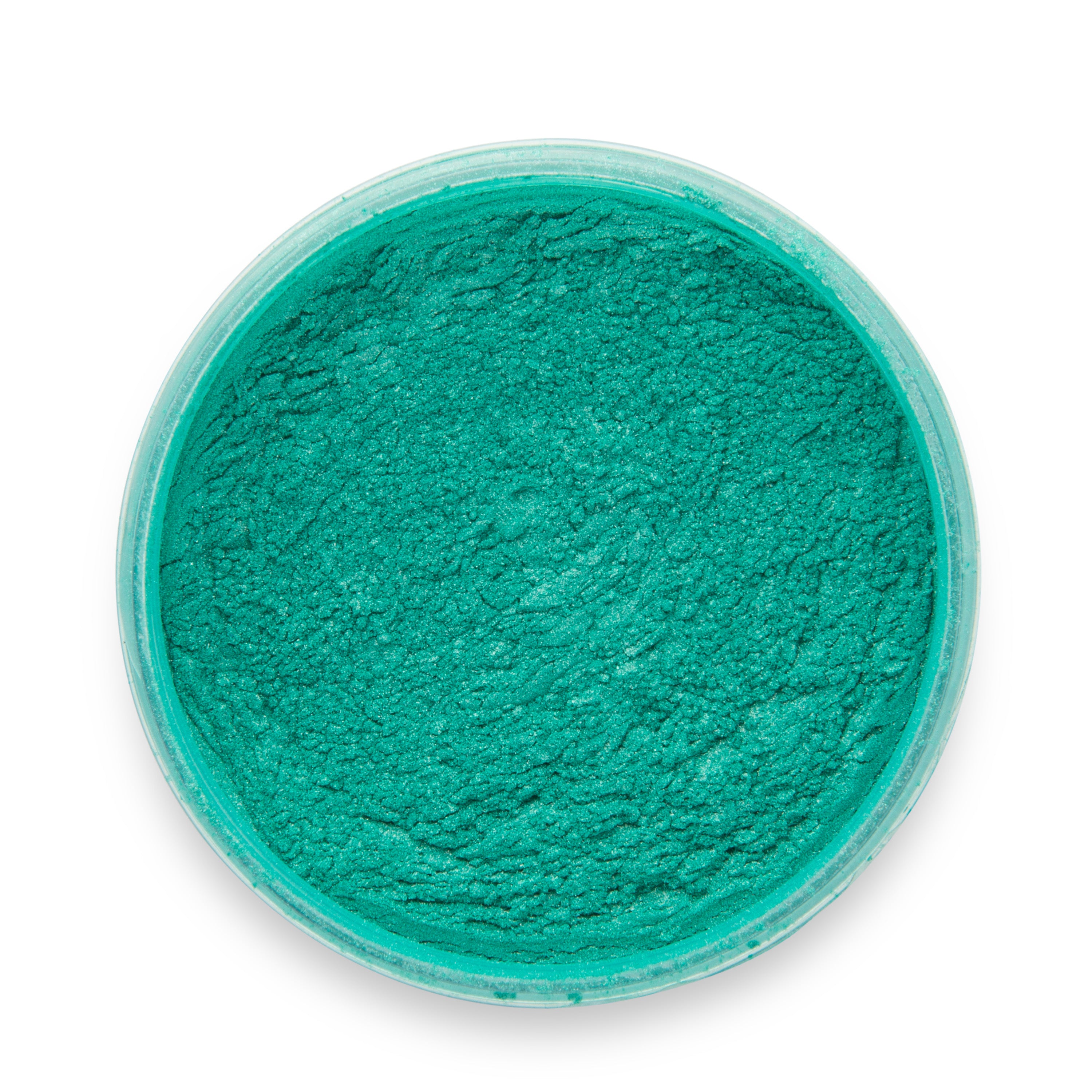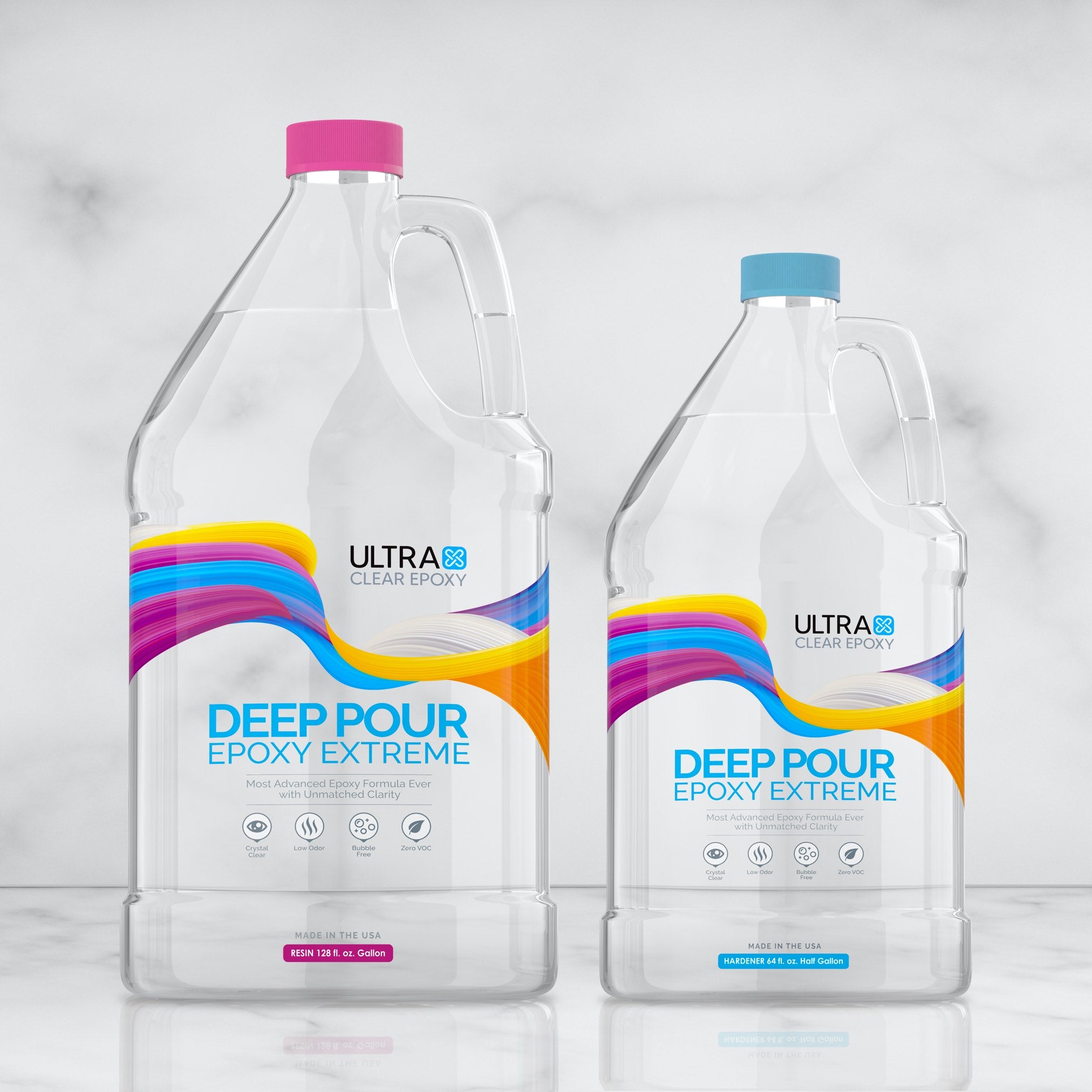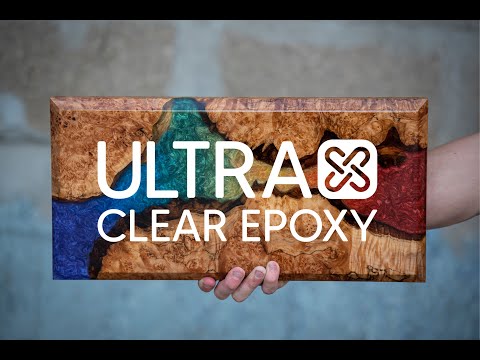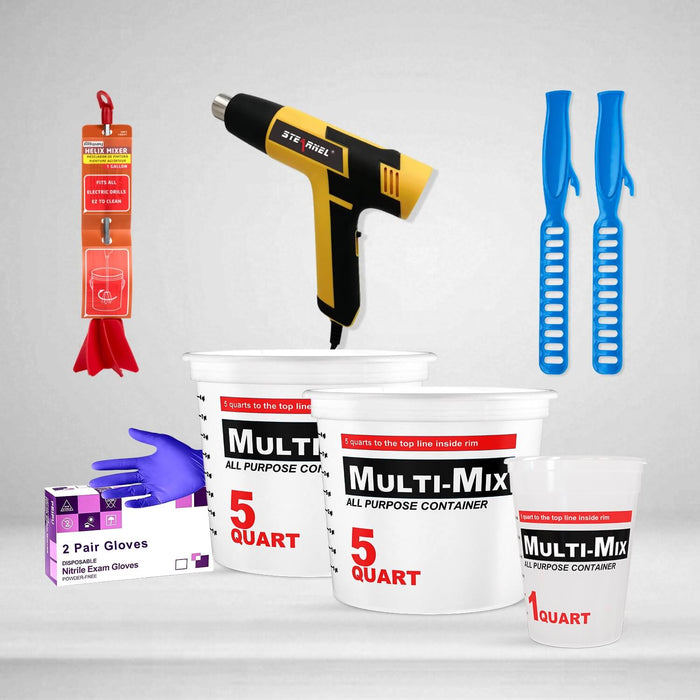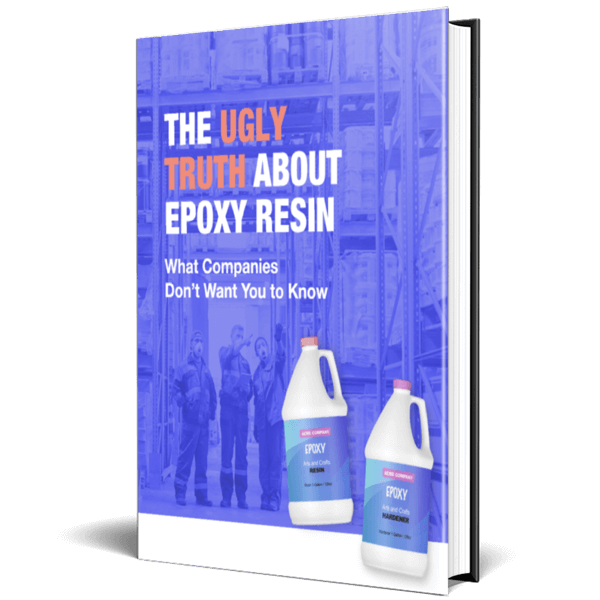In recent years, epoxy has garnered status as a DIY solution to a variety of interior design aspects in homes and businesses. In fact, you may have heard about epoxy being used by enthusiasts to create custom DIY countertops, bar tops, table tops, and more.
But are DIY epoxy countertops actually worth the effort? How do they compare in cost to other countertop materials and their accompanying sealants? And what are the benefits to an epoxy countertop?
In this article we'll answer those questions and more, as we dive into the details of what makes epoxy a great choice for countertop surfaces.
DIY epoxy countertops: Worth it or not?
Below, we'll take a look at the following aspects of a countertop, to help you determine whether an epoxy countertop is right for you.
- What are the benefits of an epoxy countertop? How does it compare?
- What are the costs of an epoxy countertop? Are they better?
- Does a DIY epoxy countertop require a lot of effort or skill?
Let's begin!
#1: What are the benefits of an epoxy countertop?
Every potential countertop material has benefits and drawbacks, epoxy included. For instance, wood is natural and beautiful but easily stained and warped by chemicals, and prone to scratches.
Mineral materials like granite and marble, on the other hand, are known for their sleek, refined patterns complemented by a cool, comforting exterior. So how does epoxy fare?
Epoxy Is Incredibly Resilient
Epoxy is well known as one of the strongest sealants available. It's lightweight and formidable, resisting many forms of damage with ease. This includes:
-
Physical damage—Epoxy is extremely resistant to denting, scratching, and cracking. Compared to other materials, it excels at enduring these kinds of interactions.
-
Staining/warping from moisture—Water is unable to permeated epoxy's ultra-smooth surface, allowing it to retain its crystal-clear appearance without staining or letting moisture seep into the substrate beneath.
-
Harsh chemicals—Epoxy can also handle many common chemicals better than other materials and sealants, either withstanding them for longer or repelling them entirely.
Epoxy Is Very Customizable
Epoxy is also a highly adjustable material. Starting off in its liquid form, it can conform to almost any shape before settling into an ultra-hard protective surface.
This malleable nature allows users to easily apply it to less conventional substrates such as live edge wood and bamboo.

#2: What are the costs of a DIY epoxy countertop?
The cost of a DIY epoxy countertop will vary most by the substrate material chosen and the project size.
Primary factors include the epoxy itself plus the substrate it's being applied to, as well as various tools and supplies needed to perform the project, some of which many users may already possess.
Compared to high-end materials like quartz and marble, an epoxy countertop tends to be considerably less expensive. It's also far more feasible as a DIY project than those materials, allowing creators to benefit from vastly reduced labor costs for those who can put in the time.
The substrate represents much of the cost.
Typically epoxy countertops employ a substrate material. This can be wood, laminate, concrete, various metals, and of course quartz, marble, and granite. The cost of these substrates vary greatly, though typically marble and quartz are the most expensive. It's also viable—but rare—to use epoxy as the sole material by curing it in a large molded area to form segments or the entire countertop.
Ultimately, DIY epoxy countertops are much cheaper than alternatives of the same aesthetic quality and durability.

#3: Does a DIY epoxy countertop require a lot of effort or skill?
While creating a DIY epoxy countertop does require some effort and a moderate level of skill, it's nonetheless a project that many people find manageable and rewarding with the right preparation.
Here’s a breakdown of what it typically involves:
Skill Level
- Moderate: While you don’t need to be a professional, familiarity with basic DIY tools and techniques is helpful. The process involves mixing and applying epoxy, tasks which require a little precision and care.
Effort
- Preparation: This includes gathering materials, properly measuring and mixing the epoxy, and preparing the existing countertop surface by cleaning it thoroughly and possibly sanding it for better adhesion.
- Application: Epoxy must be applied smoothly and quickly to avoid uneven areas and ensure it levels properly. You'll need to work in a well-ventilated area and wear protective gear.
- Decoration: If you choose to add colors, effects, or objects (like stones or shells), this requires additional planning and artistic effort.
- Curing Time: After application, epoxy needs to cure for at least 24 hours before it can be very lightly used, and up to several days for full hardening. During this time, the surface should not be touched or handled in any way.
Challenges
- Time-Sensitive Application: Epoxy has a limited working time once it's mixed. You need to apply it before it starts curing and becoming too thick to spread evenly. For table top epoxies, this time window is about 5 minutes after fully mixing. For deep pour epoxies, it extends to about 30 minutes after mixing.
- Potential for Errors: Mistakes like uneven coverage, bubbles, or dust particles can affect the finish, requiring sanding and additional coats to correct.
- Durability Concerns: While epoxy is durable, it can scratch and isn't heatproof. Placing hot pans directly on the surface can damage it.
For spectacular results, use a high-quality epoxy.
For any epoxy project, your choice of resin product can make or break the potential of what you're creating.
These days, the internet is replete with unvetted epoxy products that have popped up under numerous obscure brand names. These brands are typically imported from another region where quality assurance regulation is lax, allowing subpar formulas to be used in the creation of an inevitably subpar epoxy product.
UltraClear Epoxy—USA made, quality assured.
To avoid issues with your epoxy results, always spring for a high-quality, reputable brand of epoxy, like our UltraClear premium resins. This is the only way to guarantee that you'll get something that delivers on its promises.
You can learn more about the epoxy resins best suited for countertops on the following pages:
- UltraClear Bar & Table Top Epoxy—The strongest, most durable epoxy.
- UltraClear Deep Pour Epoxy—A low-viscosity alternative for producing deep layers and thick river veins.
Epoxy Countertop FAQs
Constructing an epoxy countertop can bring up a lot of questions, especially for those new to the process. Here are some common questions along with their answers to help guide you through creating your own epoxy countertop:
#1: What materials do I need to make an epoxy countertop?
You will need an existing countertop or a base to apply the epoxy over, epoxy resin, a hardener, mixing containers, mixing sticks, gloves, a torch or heat gun (for bubble removal), and any pigments or decorative items you want to include in the design.
Learn more about the tools and supplies used in epoxy projects here.
#2: How do I prepare the surface for epoxy application?
The surface should be clean, dry, and free of any oils or debris. Sand the surface with a fine-grit sandpaper to create a rough texture for better adhesion. Clean off all dust before applying the epoxy.
#3: How much epoxy do I need?
The amount of epoxy you need depends on the size of your countertop and the thickness of the epoxy layer you want. Generally, epoxy is applied at a rate of about 12 to 16 square feet per mixed gallon at 1/8 inch thickness.
#4: What is the best way to mix epoxy for a countertop?
Epoxy should be mixed thoroughly to ensure it cures properly. Follow the manufacturer’s instructions for the correct ratio of resin to hardener. Typically, this is a 1:1 ratio, but it varies by product. Mix for at least 3-5 minutes, scraping the sides and bottom of the container to ensure everything is well combined.
Avoid common mistakes! Click here for tips on achieving a perfect epoxy blend.
#5: How do I remove bubbles from the epoxy?
After pouring the epoxy onto your countertop, use a torch or heat gun to gently heat the surface. This will help any trapped air bubbles rise to the surface and pop. Avoid holding the heat in one place for too long to prevent scorching the epoxy.
Check out our guide to bubble prevention and removal for detailed advice.
#6: How long does it take for the epoxy to cure?
Epoxy curing time can vary depending on the product and room temperature, but generally, it takes about 24 hours to harden enough for very light use. Full curing can take up to 72 hours or more.
Always refer to the manufacturer for recommendations on specific curing times.
#7: Can I place hot items directly on an epoxy countertop?
No, because epoxy is not heatproof. Placing hot pots or pans directly on an epoxy countertop can damage the surface. Use trivets, coasters, or heat pads to protect the epoxy from heat.
#8: How do I maintain my epoxy countertop?
Epoxy countertops are easy to maintain. Clean them with mild soap and water for daily upkeep. Avoid using abrasive cleaners and pads that can scratch the surface. For deeper cleans, a glass cleaner or a vinegar-water solution can be used to maintain shine and clarity.
Have questions? Want advice? Contact us!
If you have any questions about epoxy resin, or if you'd like assistance in planning an epoxy project, please reach out to us at UltraClear Epoxy—our epoxy experts are ready to assist!
You can contact us via phone or email here. During business hours, you can also text chat online with one of our resin specialists by clicking the Help button at the bottom of your screen.
In our online store, you'll find a variety of useful tools and supplies, ideal for resin projects, plus our award-winning UltraClear Bar & Table Top Epoxy and our UltraClear Deep Pour Epoxy.

